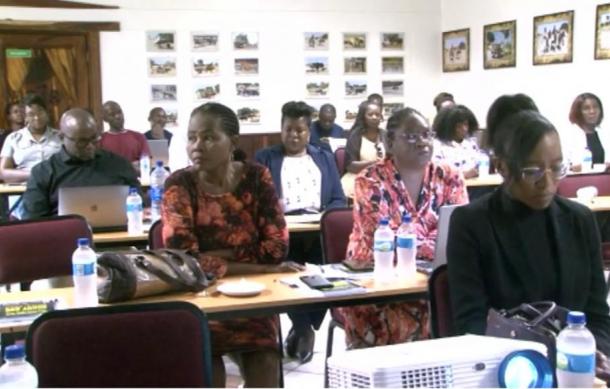
The Ministry of Agriculture, Water, and Land Reform has embarked on the revision of four pieces of legislation, that deal with the management of animal feed, plant quarantine, fertilizers, and pesticides.
The Food and Agriculture Organisation is advising the ministry to ensure that the regulations conform to international standards.
FAO Assistant Representative Ferdinand Mwapopi says Namibia, as a net exporter of especially of beef, cannot afford to lag behind in terms of food safety standards.
Mwapopi says Namibia faces an uphill battle to maintain its beef export status to the European Union and the United States of America.
He noted that harmful pests could threaten food security and negatively impact biodiversity.
"It is therefore, crucial that the current legislation regulating plant quarantine, agriculture remedies, fertilizers, and animal feed in a country such as Namibia fall in line with international standards and effectively ensure the following, prevention of introduction of non-indigenous pest and diseases into the country, compliance with global food safety requirements as it was alluded to by Mr. Mwenyo that we are the first African country to export meat products to the USA we need to comply with international standards and good practices in order to maintain this status."
The Kavango Regional Council's Deputy Director for Planning Herculano Mwenyo says there is a need for a single legislative framework to effectively manage agricultural chemicals.
" While Namibia has many pieces of legislation for the management of chemicals these are fragmented and therefore, effective implementation and enforcement is often a big challenge, there is thus a need to develop a framework legislation for pesticides management in order to overcome this challenge."
Regulation of fertilizer and agriculture remedies, as well as that dealing with the management of plant quarantining among others, seek to keep Namibia free of alien weeds and pests.
FAO is soliciting the advice of two international legal consultants and a local expert in the same field, to review gaps in the existing legislative framework.
The four-day workshop at Rundu brings together government agencies that deal with food production, imports, and exports - to discuss these laws and their implementation, going forward.





